Hardy kiwifruit, also known as kiwi berry, is a small fruit that packs a big punch. With its unique flavor, vibrant green color, and numerous health benefits, it’s no wonder that this fruit is gaining popularity among consumers around the world. In this article, we will delve into the fascinating world of hardy kiwifruit, exploring its origins, nutritional content, health benefits, and culinary uses. Originating from China, hardy kiwifruit is a close relative of the more commonly known fuzzy kiwifruit. It is smaller in size, with smooth, edible skin and a sweet, tangy flavor. Hardy kiwifruit plants are hardy and can withstand cold temperatures, making them suitable for cultivation in various regions, including parts of the United States, Europe, and New Zealand.
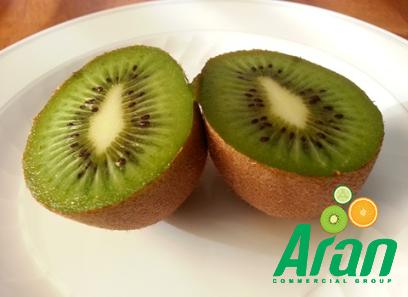
.
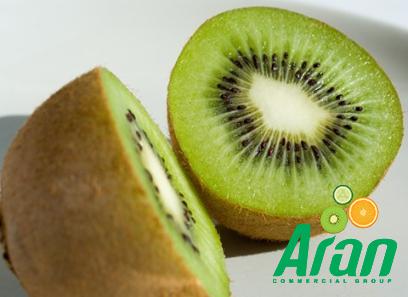 One of the most appealing aspects of hardy kiwifruit is its impressive nutritional profile. This fruit is rich in essential vitamins and minerals, including vitamin C, vitamin K, vitamin E, and potassium. It also contains antioxidants, such as flavonoids, which help protect the body against oxidative stress and inflammation. Additionally, hardy kiwifruit is a good source of dietary fiber, which is important for digestive health and helps promote feelings of fullness. In terms of health benefits, hardy kiwifruit offers a range of advantages for overall well-being. The high vitamin C content of this fruit is particularly beneficial for immune health, as it helps boost the body’s defenses against infections and illnesses. Vitamin K, another key nutrient found in hardy kiwifruit, plays a crucial role in blood clotting and bone health. Meanwhile, the antioxidants in this fruit have anti-inflammatory properties that may help reduce the risk of chronic diseases, such as heart disease and cancer.
One of the most appealing aspects of hardy kiwifruit is its impressive nutritional profile. This fruit is rich in essential vitamins and minerals, including vitamin C, vitamin K, vitamin E, and potassium. It also contains antioxidants, such as flavonoids, which help protect the body against oxidative stress and inflammation. Additionally, hardy kiwifruit is a good source of dietary fiber, which is important for digestive health and helps promote feelings of fullness. In terms of health benefits, hardy kiwifruit offers a range of advantages for overall well-being. The high vitamin C content of this fruit is particularly beneficial for immune health, as it helps boost the body’s defenses against infections and illnesses. Vitamin K, another key nutrient found in hardy kiwifruit, plays a crucial role in blood clotting and bone health. Meanwhile, the antioxidants in this fruit have anti-inflammatory properties that may help reduce the risk of chronic diseases, such as heart disease and cancer.
..
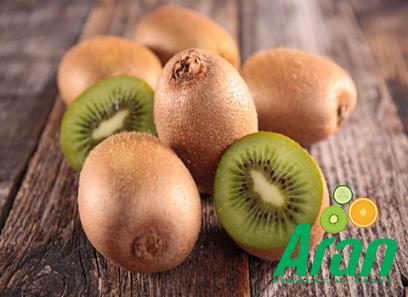 When it comes to culinary uses, hardy kiwifruit is a versatile ingredient that can be enjoyed in a variety of ways. Its sweet and tangy flavor makes it a delicious addition to fruit salads, smoothies, and desserts. Hardy kiwifruit can also be used to make jams, jellies, and preserves, adding a unique twist to traditional recipes. Additionally, this fruit can be incorporated into savory dishes, such as salads and salsas, to provide a refreshing contrast to richer flavors. In conclusion, hardy kiwifruit is a superfood that offers a multitude of health benefits and culinary possibilities. Whether eaten fresh or used in cooking, this fruit is sure to delight your taste buds and nourish your body. Consider adding hardy kiwifruit to your diet to experience its wonderful flavor and nutritional goodness firsthand. The versatility of hardy kiwifruit extends beyond its culinary uses. This fruit can also be incorporated into skincare routines to take advantage of its antioxidant properties and promote healthy, glowing skin. The vitamin C and E found in hardy kiwifruit can help protect the skin from free radical damage and promote collagen production, which is essential for maintaining skin elasticity and firmness. You can create homemade face masks, scrubs, or serums using mashed hardy kiwifruit to rejuvenate and revitalize your skin naturally.
When it comes to culinary uses, hardy kiwifruit is a versatile ingredient that can be enjoyed in a variety of ways. Its sweet and tangy flavor makes it a delicious addition to fruit salads, smoothies, and desserts. Hardy kiwifruit can also be used to make jams, jellies, and preserves, adding a unique twist to traditional recipes. Additionally, this fruit can be incorporated into savory dishes, such as salads and salsas, to provide a refreshing contrast to richer flavors. In conclusion, hardy kiwifruit is a superfood that offers a multitude of health benefits and culinary possibilities. Whether eaten fresh or used in cooking, this fruit is sure to delight your taste buds and nourish your body. Consider adding hardy kiwifruit to your diet to experience its wonderful flavor and nutritional goodness firsthand. The versatility of hardy kiwifruit extends beyond its culinary uses. This fruit can also be incorporated into skincare routines to take advantage of its antioxidant properties and promote healthy, glowing skin. The vitamin C and E found in hardy kiwifruit can help protect the skin from free radical damage and promote collagen production, which is essential for maintaining skin elasticity and firmness. You can create homemade face masks, scrubs, or serums using mashed hardy kiwifruit to rejuvenate and revitalize your skin naturally.
…
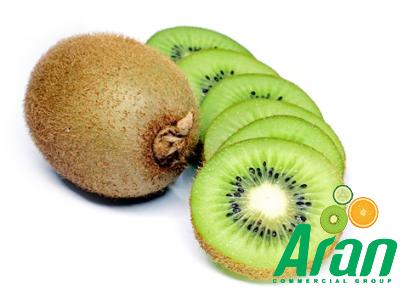 In conclusion, hardy kiwifruit is a remarkable fruit that offers a wide range of benefits for both health and sustainability. From its nutritional content and culinary uses to its skincare benefits and ecological impact, this fruit has much to offer those who appreciate its unique qualities. Whether you’re looking to diversify your diet, explore new cooking possibilities, or cultivate a fruit-bearing plant in your garden, hardy kiwifruit is a fantastic choice that is sure to delight and inspire. Embrace the wonderful world of hardy kiwifruit and experience the beauty and bounty that this exceptional fruit has to offer.
In conclusion, hardy kiwifruit is a remarkable fruit that offers a wide range of benefits for both health and sustainability. From its nutritional content and culinary uses to its skincare benefits and ecological impact, this fruit has much to offer those who appreciate its unique qualities. Whether you’re looking to diversify your diet, explore new cooking possibilities, or cultivate a fruit-bearing plant in your garden, hardy kiwifruit is a fantastic choice that is sure to delight and inspire. Embrace the wonderful world of hardy kiwifruit and experience the beauty and bounty that this exceptional fruit has to offer.
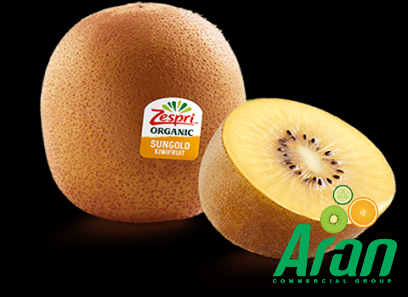
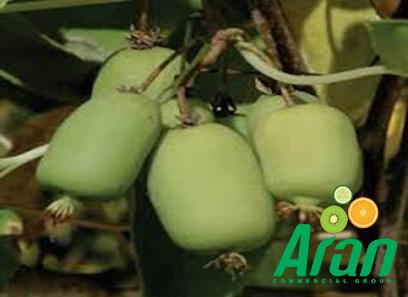
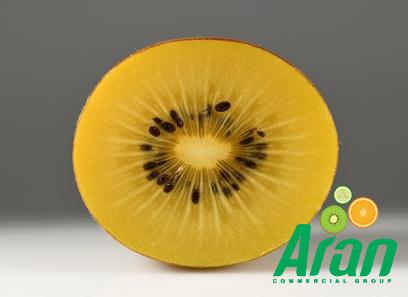
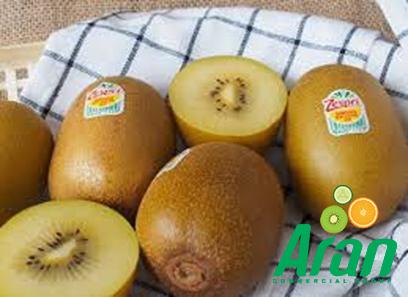
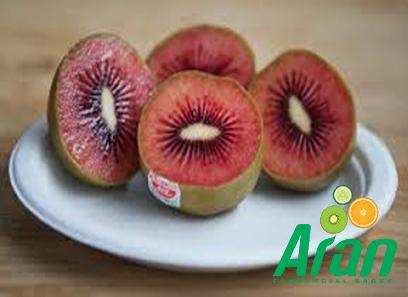
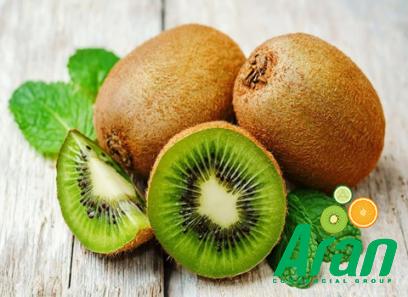
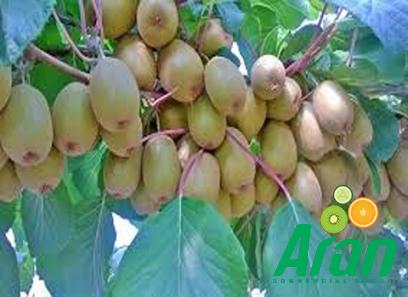
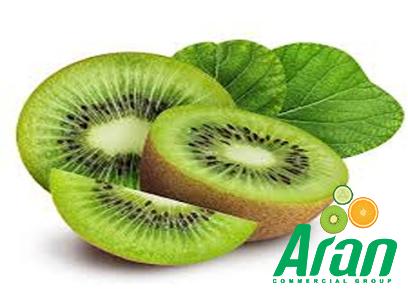
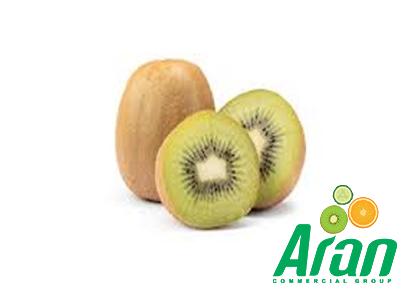
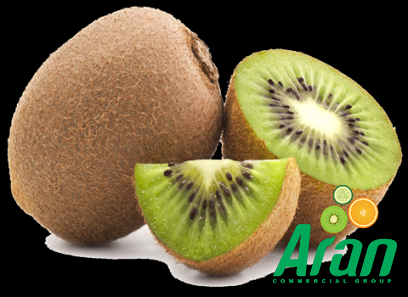
Your comment submitted.